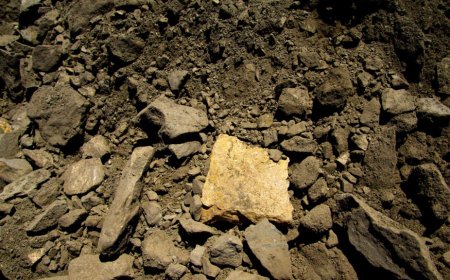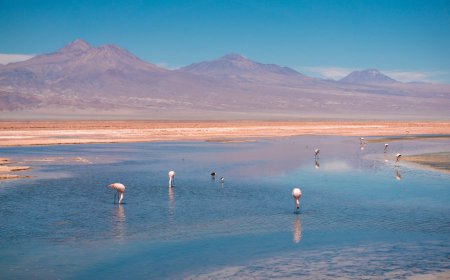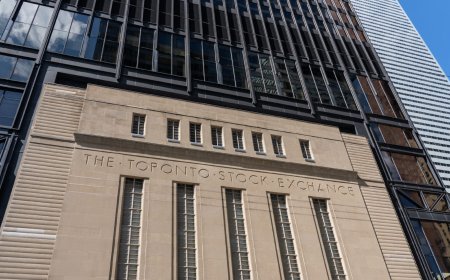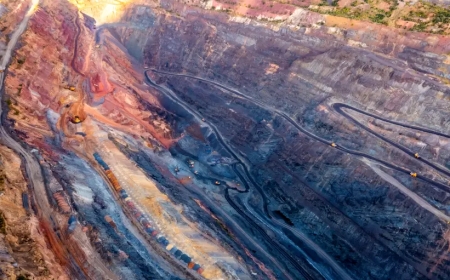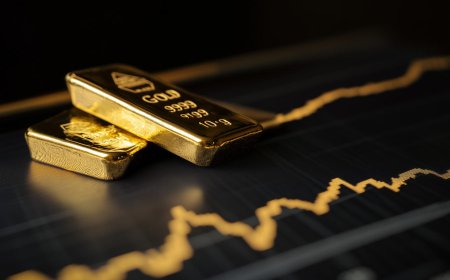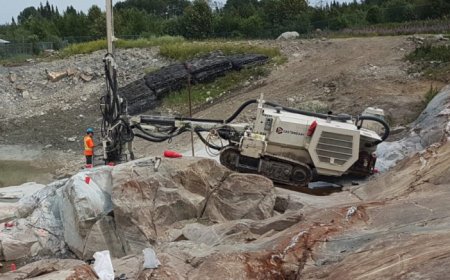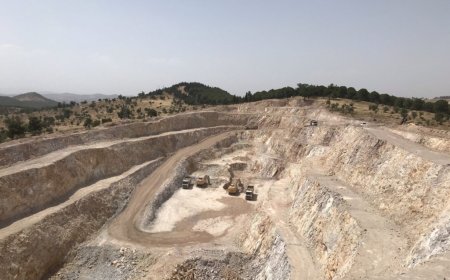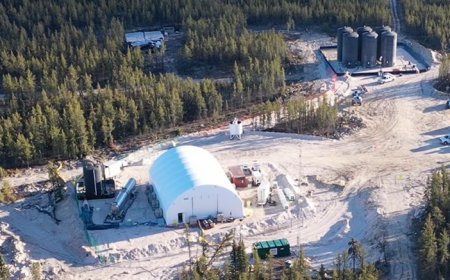Chile’s lithium policy a boon to other producers
A decision by the world’s No. 2 lithium producer Chile to tighten control over its key battery metal sector has left many in the industry wondering what the announced state-led public-private model will look like and who, if anyone, will benefit from it.
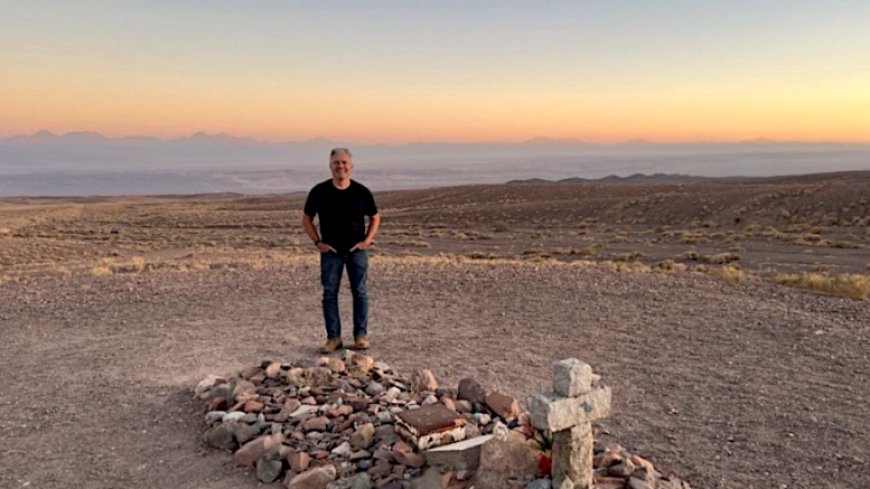

The lack of specifics on how much ownership the government will demand from companies and the difficulties President Gabriel Boric will face when trying to create a national lithium company, add to the uncertainties Chile’s new lithium policy has created.
For Joe Lowry, known in mining circles as “Mr. Lithium” due to his decades of experience in the sector, says that the lack of specifics in Chile’s policy could be a boon to other producing countries, with Canada being in a particularly advantageous place.
According to Mining Intelligence, Canada currently has nearly 40 lithium projects in different stages of development, but only two operating mines, Sayona Mining’s (ASX: SYA) North American Lithium (NAL) in Quebec and Sinomine Resource Group’s Tanco mine, in Manitoba. The latter also produces cesium and tantalum. NAL, in which Piedmont Lithium (NASDAQ: PLL) has a 25% stake, restarted production only in March while the Tanco mine reopened in December.
In its critical minerals strategy released in December, Ottawa listed lithium as one of the top six critical minerals, along with copper, nickel, cobalt, graphite and rare earths, due to its importance in the clean technology sector.
“I believe that Canada, with its vast hard rock lithium assets, will become the Australia of North America in terms of lithium supply,” Lowry says. “But the more capital that lands in North America’s lithium industry, the worse it is for Chile.”

Best cost-structure
Lowry, who is also President of Global Lithium LLC, believes that Chile has the best cost-structure to produce lithium in the world.
“[It] not only has giant reserves with high concentrations of lithium, but it also has a geographical advantage — the driest desert in the world, where evaporation ponds work best,” he says.
The problem, he notes, is that the strategy unveiled last week could slow the development of the country’s local industry.
The expert, who has seen the global lithium sector grow from a US$200 million market when he entered the game in 1990 to US$1 billion by 2015 and over US$40 billion today, expects supply will continue to disappoint even as governments and automakers in the U.S. and Europe are investing heavily in the sector.
“[This is why] Chile is in a great position and it can remain there for at least two decades, but it needs to calm investors by providing details of how the new model will work,” he says.
The forecast shows how the power dynamics of the lithium industry are changing rapidly. “The top six lithium producers can sell all of their production today, without having to sell Tesla a gram. That wasn’t true six years ago,” Lowry says.
Closer to Bolivia and Mexico
For the North Carolina-based consultant, who regularly draws mining industry heavyweights to his podcast, Chile could easily recover its world leader position in the lithium market, lost to Australia in 2018, with the right policies.
“If you go back to early 2016, Australia had only one lithium mine in operation, while Chile was the dominant world producer. All of that has turned around in the last five to seven years and it’s a shame. It didn’t have to happen,” Lowry said.
Boric’s move places Chile closer to fellow Latin American countries Bolivia and Mexico, which have discouraged investors by imposing greater state control, though Chinese groups may still be keen to fill the gap. “But is that what Chile wants?” Lowry wonders.
Investors have shown panic. Since Boric’s announcement, the value of the two lithium miners operating in Chile — U.S.-based Albemarle (NYSE: ALB) and Chile’s SQM (NYSE: SQM)— has dropped by a combined US$8.5 billion.
The world’s two top producers are set to operate in a different landscape once their current contracts expire.
Both companies have recently announced plans to expand operations elsewhere and experts say they wouldn’t be surprised if they announce further geographical diversification. Albemarle is in pursuit of Australia’s Liontown Resources (ASX: LTR), while SQM is advancing the US$1.4 billion Mt Holland hard-rock project, also in Australia, with local lithium conglomerate Wesfarmers (ASX: WES).
In a recent commentary, German Mineral Resources Agency’s senior analyst Michael Schmidt wrote that regulatory uncertainties in Chile, Bolivia and Mexico will mean that about 63% of global lithium supply will come from rocks and not from brines by 2030.
Analysts from Fastmarkets believe that, if Chile fails to capitalize on the lithium boom, it would fall from the world’s second-largest lithium producer last year to fourth in 2030 after China, Australia and Argentina. They forecast the country’s share of production would shrink from almost a third to 12%.
While Boric needs approval from Congress for the creation of a national lithium company, he has the power to enact other elements of the policy. This is why he has enlisted two other state-owned companies, Codelco, the world’s largest copper producer, and state miner Enami, to determine how the private-public partnerships will operate.
Codelco will be initially in charge of negotiating a stake for the state in Albemarle’s and SQM’s operations. Enami, in turn, will sign up partners for new contracts. Their roles will then be undertaken by the dedicated national lithium company, with a mandate to develop the industry into a pillar for Chile’s economy while protecting its environment.
Previous efforts to bring more actors into the country’s lithium sector have failed, with the most recent case being the one of Chinese automaker ByD Co, whose 80,000-tonne lithium contract was revoked following objections from a local governor.
Together with the lack of details in Chile’s lithium policy, expanding lithium mining in the Atacama desert is set to awaken environmental worries. This, analysts agree, could make the process of awarding contracts more difficult and lengthier.
Asked about what he would say to Boric if he asked him for advice, Lowry does not hesitate: “I would tell him to put [the lithium policy announcement] back in the oven and finish the baking job.”
